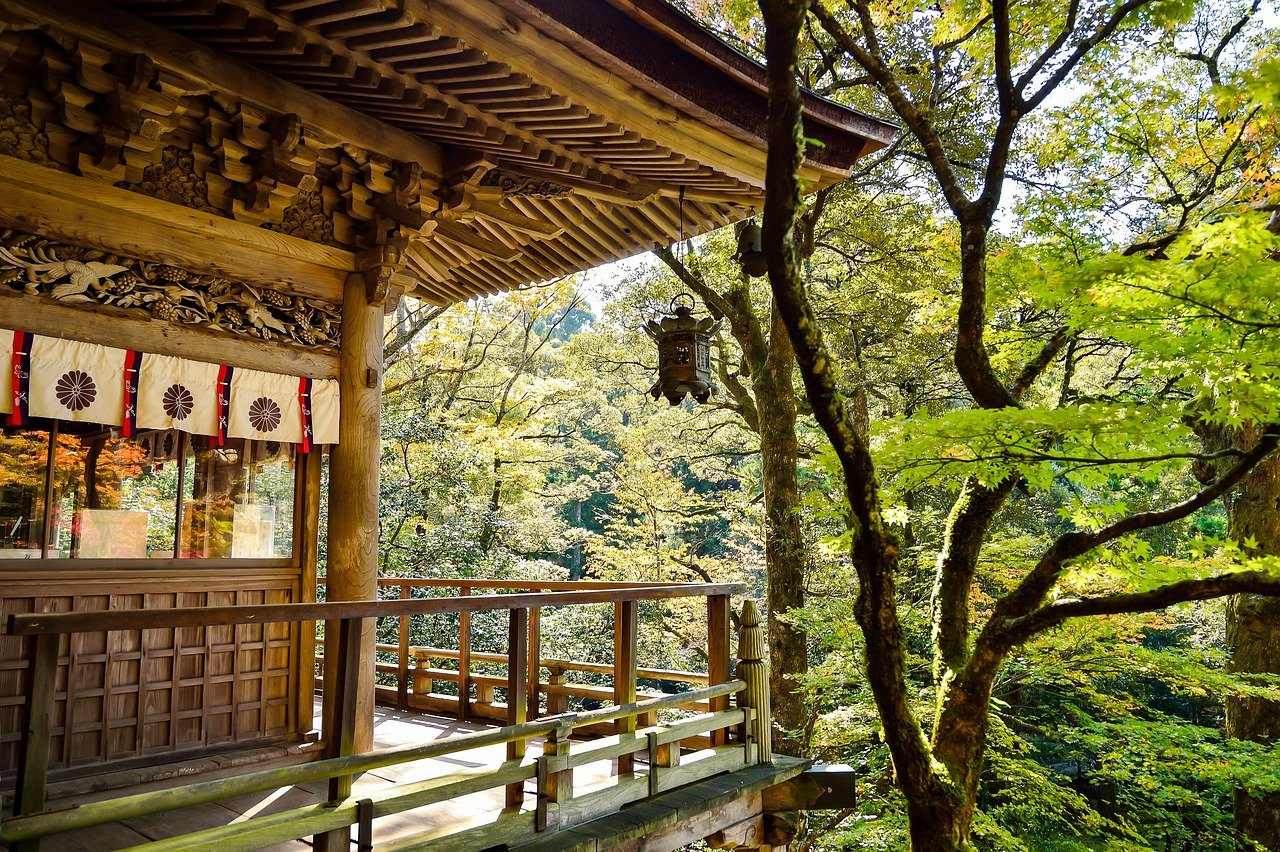Photo Credit ( Freepik )
Japan is unquestionably rich in culture; all you have to do is glance around to notice all the amazing and unusual things that are happening all around you!
What is the reputation of Japanese culture?
Japan is well-known for its stunning temples, captivating cherry blossoms, traditional hot springs, and anime, among other things. In actuality, there are a ton of things to discover while in Japan. You’ll find an intriguing fusion of peculiarities and quirks, from contemporary to old.
Here are the top 6 most fascinating cultural activities you shouldn’t miss in Japan to get you started on your cultural exploration:
- Shrine and temple
As hallowed sites of worship, temples and shrines are an integral component of Japanese culture. They are distinguished by the magnificent altars and gates of Tori. Japan is home to more than 150,000 Shinto shrines and Buddhist temples. - Blossoms of cherry
In addition to being a fantastic time to travel to Japan, spring is also well-known for the Sakura trees’ full bloom. In a thousand-year-old custom known as hanami, the Japanese celebrate the cherry blossoms, which represent a time of rebirth, by eating, drinking, and spending time with friends and family. - The Onsens
The natural hot springs (onsen) in Japan are considered to be healing and soul-purifying waters in the Shinto religion. Hot spring swimming has been a part of Japanese culture ever since. Onsens can be found all across Japan, however the most onsen facilities are found in Hokkaido. - Sumo wrestling
If you are a fan of WWE, you must attend a sumo wrestling match as part of Japanese culture. Sumo wrestling is said to have originated as a Shinto ceremony to amuse the gods. It is become the national sport of Japan! - Geisha
In actuality, geishas are craftspeople and preservers of traditional Japanese culture, despite what many people think. Geisha ladies spend their entire lives practicing traditional Japanese art, and they use their skills to entertain patrons and highlight the diversity of their culture. - Itadakimasu
Say “Itadakimasu” before you eat when you’re in Japan! Before eating, it can be roughly translated as “I humbly receive” as a gesture of grace.
